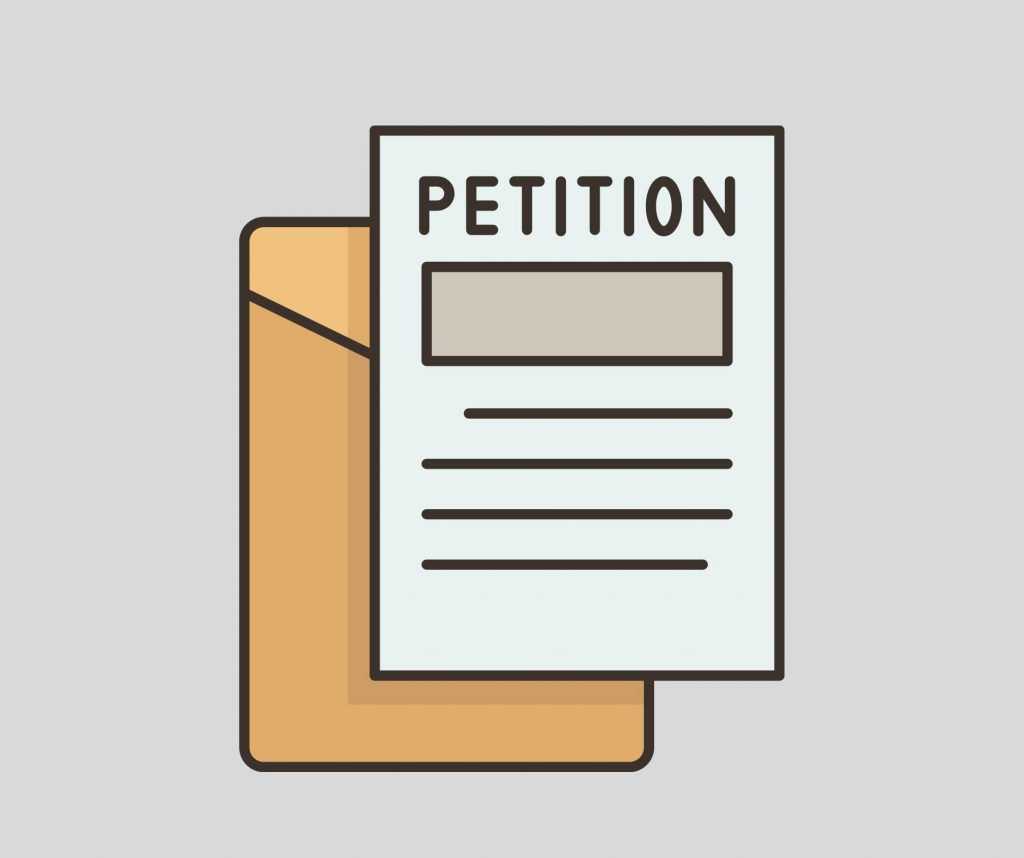12th Sep 2022

Estimated reading time: 6 minutes
There may come a time when a minor child will need someone other than a parent to care for them or manage their assets, or an adult will need someone to care for them or act on their behalf when it comes to their financial or personal affairs. When this type of situation occurs, a guardian or conservator may be appointed by the probate court. Typically, a guardian is responsible for providing day to day care for a person, ensuring their personal needs are met, including housing and medical care. A conservator generally makes financial and property decisions for a person.
There are a few different kinds of guardianships:
- Full Guardian of a Minor
- Limited Guardian of a Minor
- Guardianship of an Incapacitated Individual
- Guardian of Someone Who is Developmentally Disabled
Minor Guardianships
When someone is appointed guardian of a minor, that person steps into the role of the parent of the child. A guardian is to provide care and custody for the child as well as making decisions on their behalf. There are two different types of guardianship for minors: full and limited. Situations in which someone would be appointed as a full guardian of a minor arise when:
- The parental rights of both parents have been terminated or suspended by court order, judgement of divorce, death, mental incapacity, disappearance or imprisonment.
- When the parents have given permission for the minor to reside with another individual but have not given them legal authority to care for them.
- The minors’ biological parents have never been married to each other, the parent who has custody dies or goes missing and the other parent has not been granted legal custody by a court, and the person appointed as guardian is related to the minor by marriage, blood, or adoption.
A limited guardian may be appointed if the minor’s parent requests the appointment. A limited guardian has all the responsibilities of a full guardian except they cannot consent to the minor’s adoption or marriage. One of the most common reasons for limited guardianship is to provide health insurance for the minor. The parents and the appointed guardians must agree to a limited guardian plan which should include, but not limited to: a reason for guardianship, parenting time to maintain the relationship with the child/children, the duration of the time the guardianship will last, and financial support during the duration of the guardianship. This plan must be approved by the court.
Adult Guardianship
There are also situations where a guardian needs to be appointed for an adult. This can happen for incapacitated individuals and the developmentally disabled.
When a person loses the ability to care for himself or his property, the person is considered incapacitated. According to the State of Michigan, an incapacitated person means, “an individual who is impaired by reason of mental illness, mental deficiency, physical illness or disability, chronic use of drugs, chronic intoxication, or other cause, not including minority, to the extent of lacking sufficient understanding or capacity to make or communicate informed decisions.” A person who is interested in the welfare of the incapacitated individual should file a petition with the court asking the court to appoint a guardian over the individual. However, if the incapacitated individual already has a Durable Power of Attorney and/or has designated a Patient Advocate as part of an estate plan, then a guardian most likely would not be necessary.
The first step that needs to be taken for any of these guardianship roles is to file a Petition for Guardianship with the Probate Court, setting forth the reasons the person filing the petition believes guardianship is necessary. The court will appoint a guardian ad litem (a specially trained attorney) to investigate the situation and make a recommendation to the court. A hearing on the Petition will be scheduled, and if the court grants the Petition, the guardian will be appointed. The guardian must file a report annually in the probate court advising the court of the care and condition of the person the guardian cares for.

NOTE: Procedures for appointment of a guardian of a person with developmental disabilities are somewhat different and are not discussed here.
Conservatorship
A conservatorship is put in place when an individual cannot manage his or her financial affairs. This would happen if:
- An adult is incapacitated due to mental or physical illness or disability.
- A minor child has assets that need to be managed.
A conservator, appointed by the probate court in the county in which the incapacitated adult or minor child resides, would be responsible for managing the assets of the incapacitated adult or minor child. Because conservators are responsible for managing finances, the probate court requires the conservator to file a detailed accounting with the court annually to help prevent abuse. It is important for the conservator to keep accurate documentation of all assets, income, receipts, and expenses during the year so the conservator can provide the information to the court. The conservator may need permission from the court to expend funds.
A conservator has many responsibilities, so it is important to be well informed about what is involved before petitioning the court for the job. Being a conservator can be complicated and time-consuming depending on the individual’s needs, the amount and types of assets, cooperation among family members, and if there are dependents. A conservator must act in the best interest of the individual and the individual’s estate. The estate includes all of the individual’s assets, such as:
- Income
- Bank accounts
- Investments
- Real estate
- Retirement savings
- Tangible possessions
Similar to guardianship, the petitioner has to file a petition for appointment of a conservator with the probate court to begin the proceedings, stating that the person is unable to properly manage his financial affairs. Upon filing of the petition, the court will appoint a guardian ad litem to review the case and make a recommendation to the court. At the hearing, the judge will determine if a conservatorship needs to be granted for the individual and if needed, will appoint the conservator. The same person can act as a guardian and a conservator, but these will both need to be appointed by the probate court with separate court petitions.
Guardianships and Conservatorships can be complicated matters. It would be beneficial for an estate planning attorney to walk you through the entire process so the protected individual, the guardian, and the conservator will be well informed to make the best possible decisions.
Written by Katherine B. Albrecht
Related Articles


